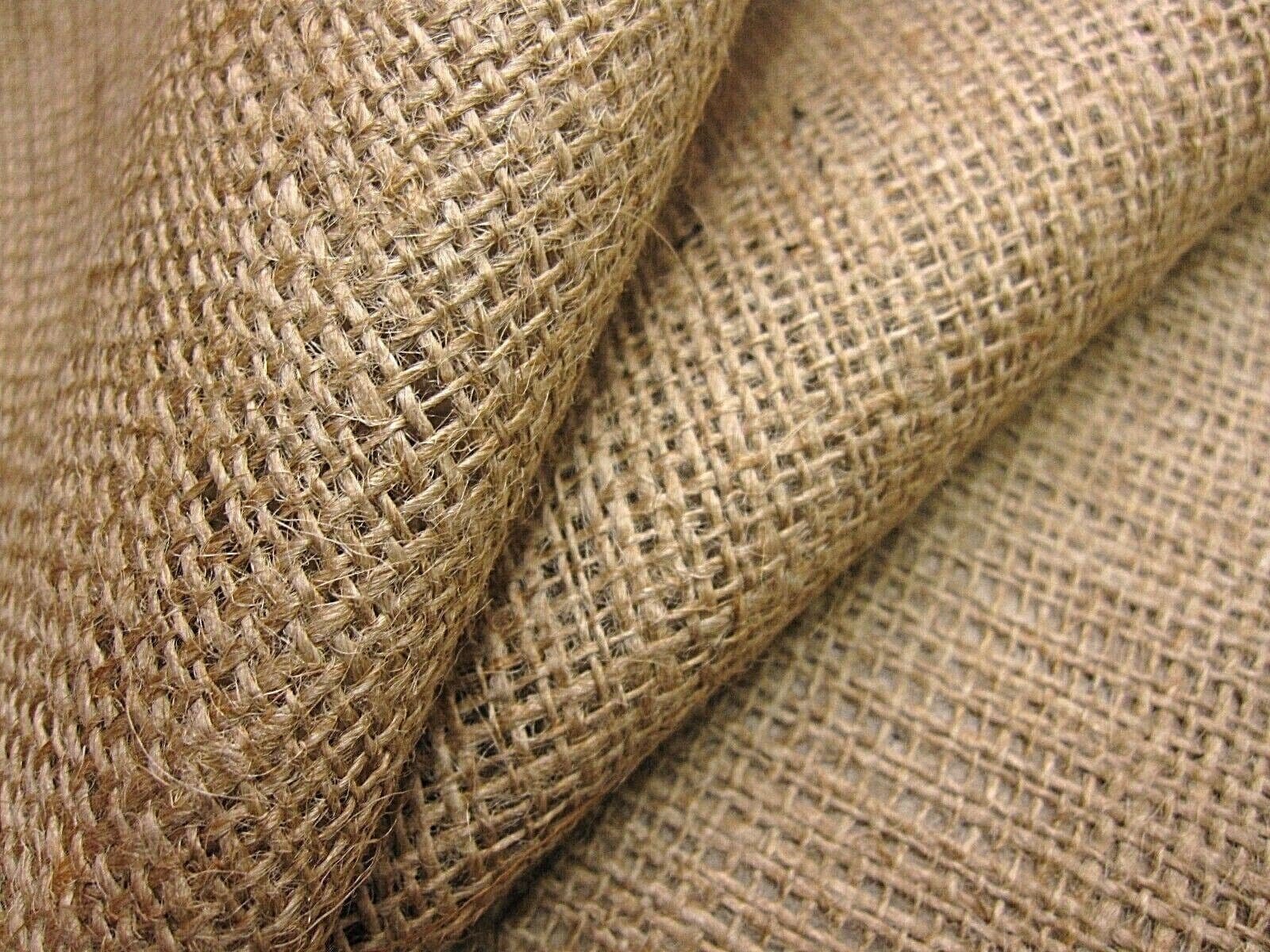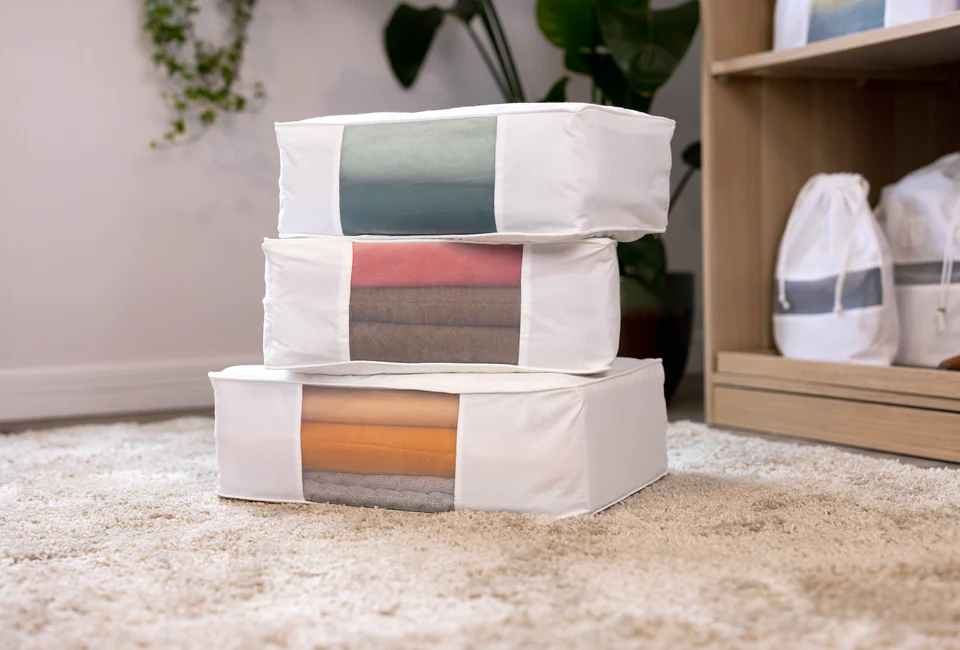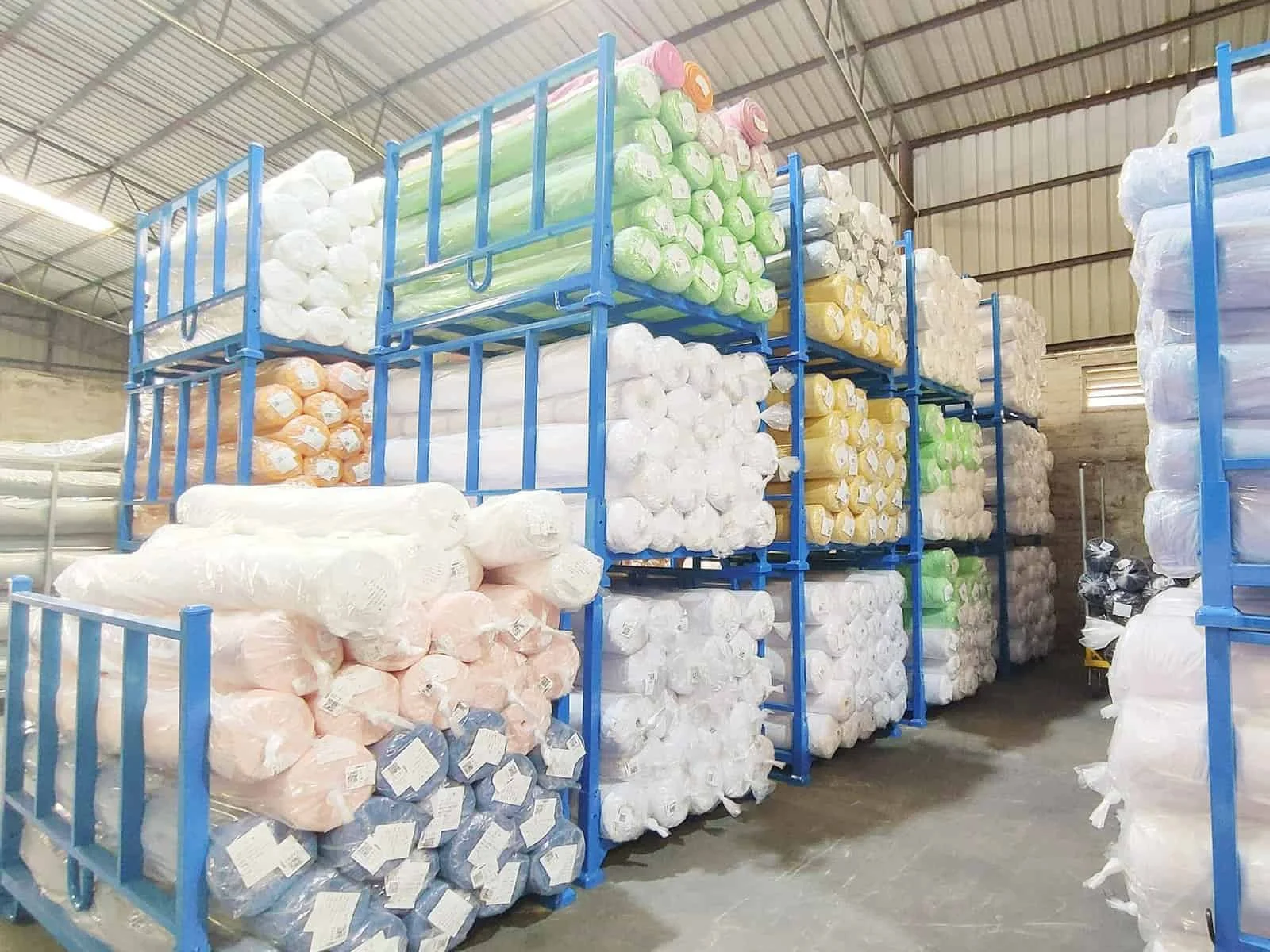Introduction: What Is Polyester Fabric?
From T-shirts and bedding to backpacks and storage boxes, polyester is everywhere. But what is polyester fabric exactly?
Polyester is a synthetic fabric made from petroleum-based polymers, first developed in the 1940s. It quickly became popular for its durability, wrinkle resistance, and affordability. Today, it’s one of the most widely used fabrics in the world—appearing in fashion, home décor, and storage products.
The Origin of Polyester Fabric
Polyester was first created in 1941 by British chemists John Rex Whinfield and James Tennant Dickson, and later commercialized by DuPont in the U.S.
During the 1970s, polyester became a global trend in fashion, praised for being “wash and wear” with no need for ironing. While early polyester was criticized for being stiff, modern technologies have made it softer, more breathable, and suitable for a wide range of applications.
How Polyester Fabric Is Made
Polyester is produced through a process called polymerization, using petroleum-derived ethylene glycol and terephthalic acid to create polyethylene terephthalate (PET).
Steps:
Raw materials melted into polymers
Polymers spun into long fibers
Fibers woven or knitted into fabric
Sometimes blended with cotton, wool, or spandex for better feel and performance
Key Properties of Polyester Fabric
Durable: Strong and long-lasting
Wrinkle-resistant: Maintains shape with little ironing
Quick-drying: Low moisture absorption
Lightweight: Comfortable for daily wear and storage items
Colorfast: Holds dye well, resists fading
Affordable: Cheaper than many natural fibers
Versatile: Can mimic silk, cotton, or wool depending on weave
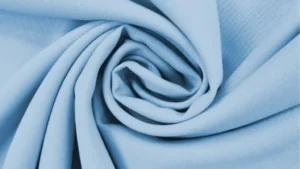
Advantages of Polyester
Low maintenance – machine washable, quick to dry
Strong and durable – resists shrinking and stretching
Affordable – widely accessible
Resistant to pests and mildew – good for storage use
Blending versatility – often mixed with cotton for comfort
Disadvantages of Polyester
Not breathable – traps heat compared to cotton
Static-prone – attracts lint and dust
Environmental concerns – petroleum-based, microplastic pollution
Less luxurious feel – compared to silk or linen
Heat sensitive – can melt under high temperatures
Common Uses of Polyester Fabric
1. Clothing
T-shirts, dresses, sportswear
Jackets and outerwear
Underwear and hosiery
2. Home Textiles
Bedsheets, pillowcases, curtains
Sofa covers and upholstery
Carpets and rugs
3. Storage and Travel Products
Polyester’s durability makes it ideal for:
Laundry bags – lightweight, washable, mildew-resistant
Travel organizers – durable and easy to pack
Fabric storage boxes – affordable and sturdy for everyday use
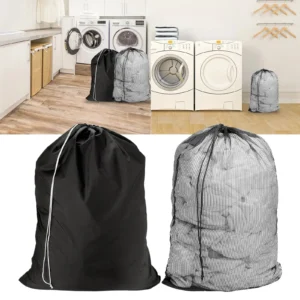
4. Industrial Uses
Ropes, seatbelts, conveyor belts
Outdoor gear like tents and sleeping bags
Polyester vs. Other Fabrics
Polyester vs. Cotton – Cotton is breathable and natural; polyester is more durable and wrinkle-resistant.
Polyester vs. Nylon – Nylon is stronger and softer; polyester is cheaper and more UV-resistant.
Polyester vs. Silk – Silk is luxurious but delicate; polyester can mimic silk affordably.
Polyester vs. Wool – Wool is warm and natural; polyester is lighter and easier to wash.
Caring for Polyester Fabric
Machine washable: Use warm or cold water
Avoid high heat: Tumble dry low or air dry
Do not bleach: Harsh chemicals can damage fibers
Iron on low heat: If needed, use steam
Store properly: In breathable fabric storage organizers to prevent odors

FAQ: What Is Polyester Fabric?
Q: Is polyester fabric good for hot weather?
Not as breathable as cotton, but lightweight blends can be comfortable.
Q: Is polyester eco-friendly?
Traditional polyester isn’t, but recycled polyester (rPET) is a sustainable alternative.
Q: Does polyester wrinkle?
No, polyester is wrinkle-resistant and holds its shape well.
Q: Is polyester waterproof?
Not fully, but it dries quickly and can be treated for water resistance.
Q: Is polyester good for storage products?
Yes, polyester is strong, mildew-resistant, and affordable—ideal for storage boxes and laundry bags.
Conclusion: Why Polyester Fabric Is Here to Stay
So, what is polyester fabric? It’s a synthetic textile that combines durability, affordability, and versatility. From fashion and home textiles to storage bags and organizers, polyester remains one of the most practical and widely used fabrics worldwide.
With proper care and storage, polyester products—from laundry bags to travel organizers—can last for years, proving that this humble fabric is both reliable and adaptable.

